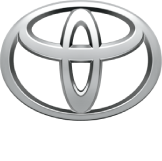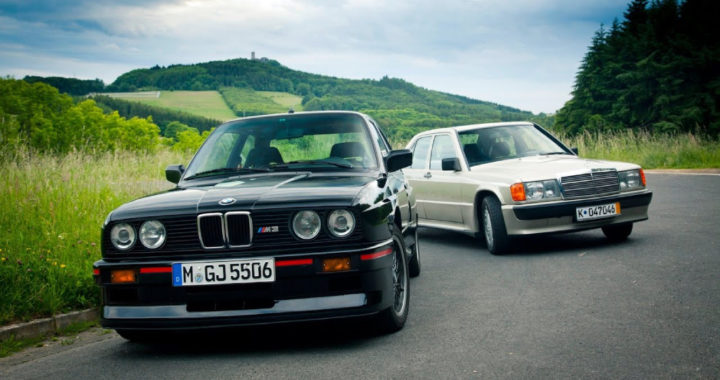BMW, Mercedes Pivot From Enemies to Partners in New Auto Era
BMW AG dodged a takeover attempt by Mercedes-Benz parent Daimler AG six decades ago, and ever since the two luxury-car icons have been bitter rivals — until recently.
Reflecting the historic challenges gripping the auto industry, BMW and Daimler are reaching across the aisle to team up in what’s become an emerging trend in the sector. The latest rapprochement between the German manufacturers involves talks to join forces on key components including vehicle platforms, electric-car batteries and autonomous-driving technology, according to people familiar with the matter.
That could mean models like the BMW 2-Series coupe and Mercedes A-Class sedan could one day share similar underpinnings, a prospect that would have been anathema to both sides just a few years ago. That’s changing as crushing development expenses for next-generation vehicles, a looming slowdown in conventional models and agile new competitors prod unprecedented cooperation.
“The pressure on carmakers is enormous right now, and this year we’ve seen signs of crisis,” said Juergen Pieper, a Frankfurt-based analyst with Bankhaus Metzler. “Broader collaborations are on the rise to help fight costs and spending in parallel.”
Sales Slump
Strains have been evident. The Stoxx Europe 600 Automobiles & Parts Index has declined 26 percent this year, and both BMW and Daimler lowered 2018 profit targets, blaming trade tensions as well as rising expenses to develop vehicles that consumers may not even want. Daimler is adding a suite of 10 electric vehicles over the next four years, while BMW said it will offer 12 battery-only models by 2025.
The speculative spending comes as global auto sales slumped this year for the first time since 2010, according to Jonathon Poskitt, director of market researcher LMC Automotive. Amid trade tensions, tightening interest rates and political conflicts, the outlook for 2019 “is not without its risks,” he said in a report.
With headwinds intensifying, competitive silos are giving way in the effort to spread out costs for developing electric cars and counter cash-rich technology giants like Alphabet Inc. as they push into ride-hailing and other alternatives to vehicle ownership.
Volkswagen AG is in negotiations with Ford Motor Co. to cooperate on vans and potentially autonomous vehicles and has linked up with Microsoft Corp. on an automotive cloud to connect its vehicles to new digital services. BMW is jointly making the Z4 and Supra sports cars with Toyota Motor Corp. and working with Intel Corp. and others on driverless-car technology. Daimler has a series of engine sharing and production projects with Renault SA and Nissan Motor Co.
Lopsided Fiat
It’s a strategy long-promoted by the late Fiat Chrysler Automobiles NV Chief Executive Officer Sergio Marchionne, who had derided the industry for wasting money by developing multiple versions of the same technology.
Ironically, Fiat Chrysler lacks significant partnerships with other carmakers. The U.S.-Italian group reaped almost all of its third-quarter profit from the Ram and Jeep brands in the U.S., and the lopsided business prompted one investor to write to Fiat’s board urging it to consider selling its European business and eventually spin off the Maserati and Alfa Romeo divisions.
Jaguar Land Rover and Volvo Cars are also exposed. While the manufacturers are owned by Indian and Chinese automotive groups, respectively, they lack global scale.
Spending ‘Bluff’
Project-based partnerships offer less risk than mergers, which have proven notoriously difficult to make work — the ill-fated DaimlerChrysler deal being a prime example. Even so, reaping rewards can be difficult, as developing cars can involve decade-long planning and plenty of obstacles along the way.
Even modest partnerships have imploded. In 2013, General Motors Co. sold its stake in France’s PSA Group after failing to find savings through joint purchasing and product development, while an alliance of Volkswagen and Suzuki Motor Corp. broke down in 2016. But going it alone is no longer an attractive option for the embattled industry.
“The misallocation of capital remains the auto industry’s largest dilemma,” Arndt Ellinghorst, a London-based analyst with Evercore ISI, said in a note last month. “Auto executives continue to guide the market that investments will peak in the early 2020s. However, the market is calling their bluff.”
Source: Bloomberg /by Elisabeth Behrmann and Christoph Rauwald
Useful links:


Pingback: Increase Indexing with Full List of Best Ping Sites | affordable web design